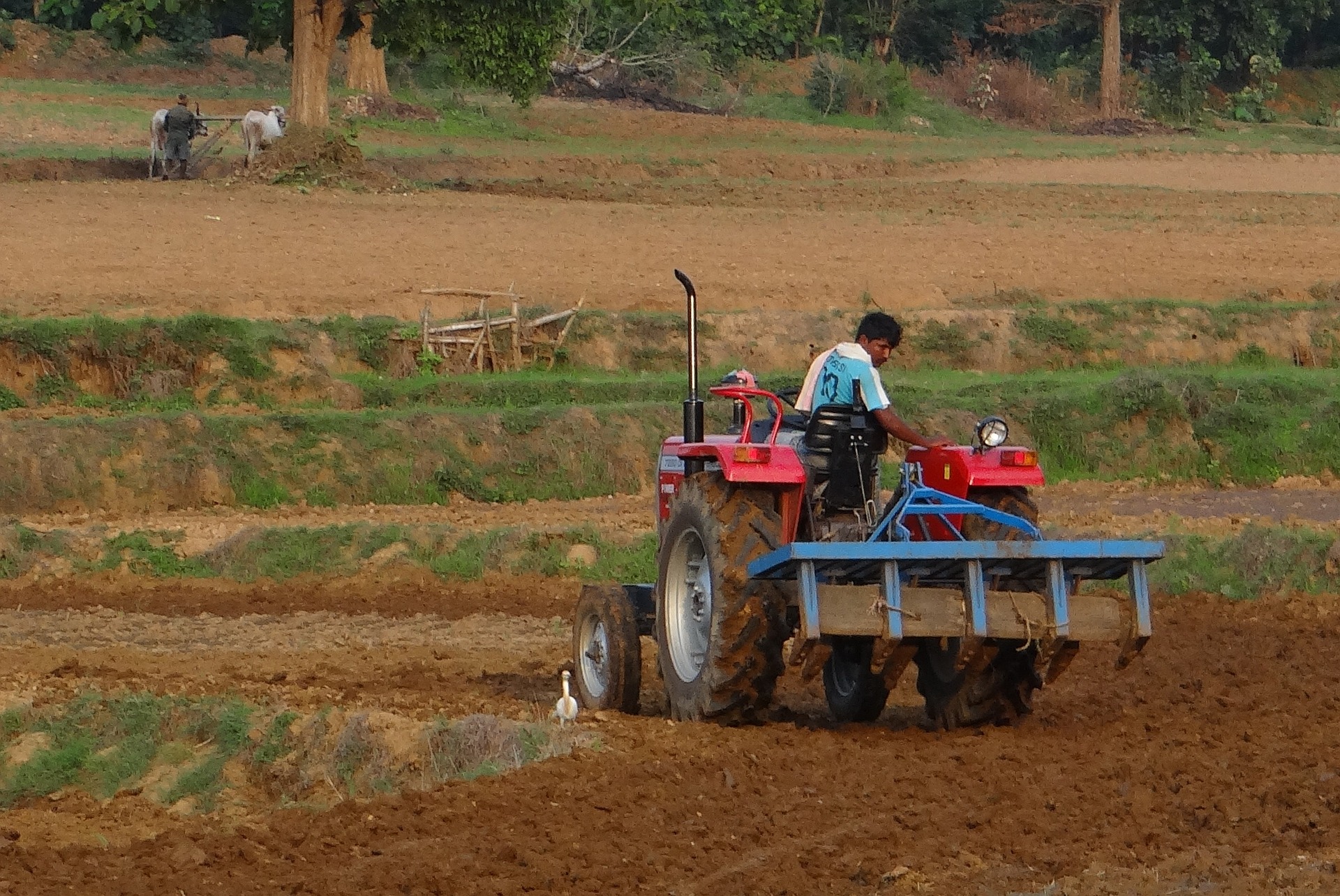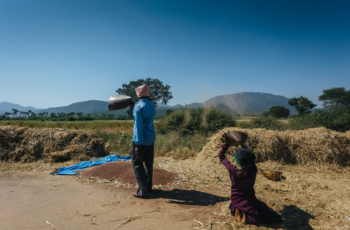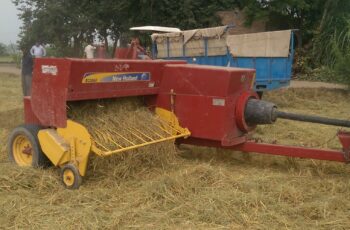Easing Contracting Frictions with Machines: Evidence from India
Featured on VoxDev

Mechanisation standardises output and lowers supervision needs for hired labour, freeing owners’ families to engage in profitable off-farm activities.
A long-standing tradition in economics argues that an essential condition for economic development is the adoption of technologies that increase agricultural productivity, thereby making workers available for other sectors of the economy. However, the existence of contracting frictions in labour markets (Bharadwaj 2015; LaFave and Thomas 2016) may require farmers to pass on profitable labour opportunities in non-agricultural sectors to supervise workers in the field. While moral hazard problems are ubiquitous in agricultural labour (Foster and Rosenzweig 1994), technologies that mechanise agricultural operations may ease their incidence by standardising output and increasing output observability.
In a recent study (Caunedo and Kala 2021), ATAI-affiliated researchers investigate how the adoption of mechanised practices affects needs for managerial supervision, demands for hired workers, and productivity in production.

